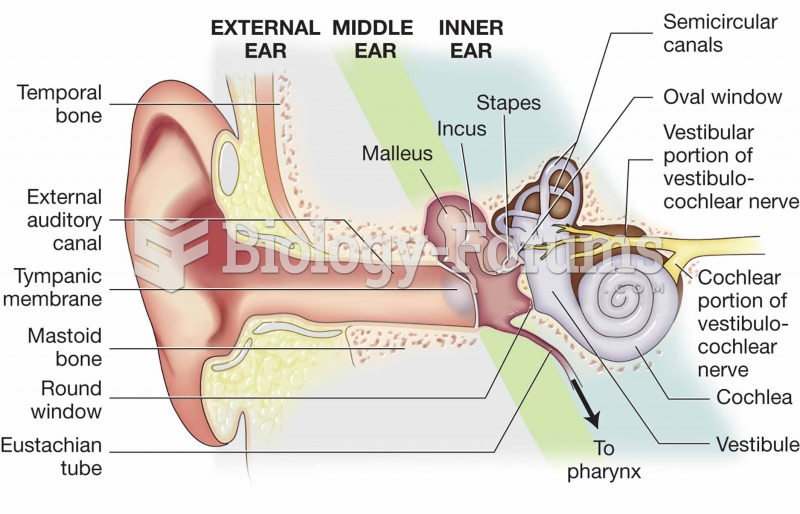Answer to Question 1
Interactions are highly contextual throughout the Balkans and the Middle East, meaning that body language and general atmosphere are as important to communication as words, if not more so. People in the Middle East spend time getting to know one another before any business is discussed. Offering coffee or tea at the beginning of any interaction helps to establish a warm and hospitable atmosphere with many Balkan or Middle Eastern clients. Direct eye contact is expected and necessary to interpret meaning, so Middle Easterners usually sit or stand quite close when conversing with intimates but may retain a larger distance with strangers.
Good manners are important; if not an emergency situation, inquire first about overall well-being of the patient and exchange pleasantries, such as a few minutes for general questions about the well-being of other family members or personal interests of the client. It is important to speak kindly, softly, and respectfully. Privacy is valued and clients may resist disclosure of personal information to strangers, especially when it relates to familial disease conditions. Individual clients may be inexperienced with making independent decisions; thus, options should be kept to a minimum to avoid overwhelming the client with too many choices. Family members, especially an elder male relative, may insist on participating in all conversations, even those that customarily take place in the office between only the practitioner and the patient. Because these family members may make the final decisions regarding care, their presence should be valued and their opinions fully solicited. However, if the client is a woman, she may ask to have her husband or father sign medical forms, presenting liability issues regarding consent. There may be suspicion regarding questions about religious affiliation or socioeconomic data. Fear of racial profiling may occur.
Answer to Question 2
Nutritional adequacy is difficult to achieve on fewer than 1200 kcalories a day, and most healthy adults need never consume any less than that. A plan that provides an adequate intake supports a healthier and more successful weight loss than a restrictive plan that creates feelings of starvation and deprivation, which can lead to an irresistible urge to binge.
Such an intake would allow most people to lose weight and still meet their nutrient needs with careful, low-kcalorie, nutrient-dense food selections. Healthy eating patterns for weight loss should provide all of the needed nutrients in the form of fresh fruits and vegetables; low-fat milk products or substitutes; legumes; small amounts of lean protein foods; nuts; and whole grains. These foods are necessary for adequate protein, carbohydrate, fiber, vitamins, and minerals and are generally associated with leanness. They are also best for managing weight.
Wholesome, high-fiber, unprocessed or lightly processed foods offer bulk and satiety for fewer kcalories than smooth, quickly consumed refined foods. Thus, choosing whole grains and fiber-rich vegetables in place of most refined grains and added sugars benefits both weight and nutrition.
Choose fats sensibly by avoiding most solid fats and including enough unsaturated oils to support health but not so much as to oversupply kcalories. Nuts provide unsaturated fat and protein, and people who regularly eat nuts often maintain a healthy body weight. Lean meats or other low-fat protein sources also play important roles in weight loss and provide satiety. Sufficient protein foods may also help to preserve lean tissue, including muscle tissue, during weight loss.
A dietary supplement providing vitamins and mineralsespecially iron and calcium for womenat or below 100 percent of the Daily Values can help people following low-kcalorie eating patterns to achieve nutrient adequacy. A person who plans resolutely to include all of the foods from each group needed each day will be satisfied, be well-nourished, and have little appetite left for high-kcalorie treats.







